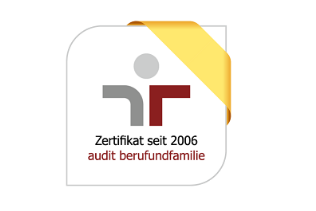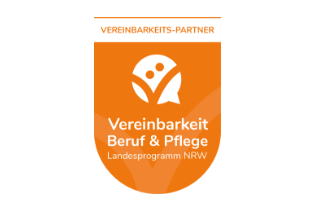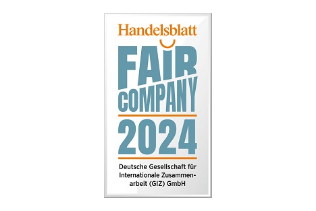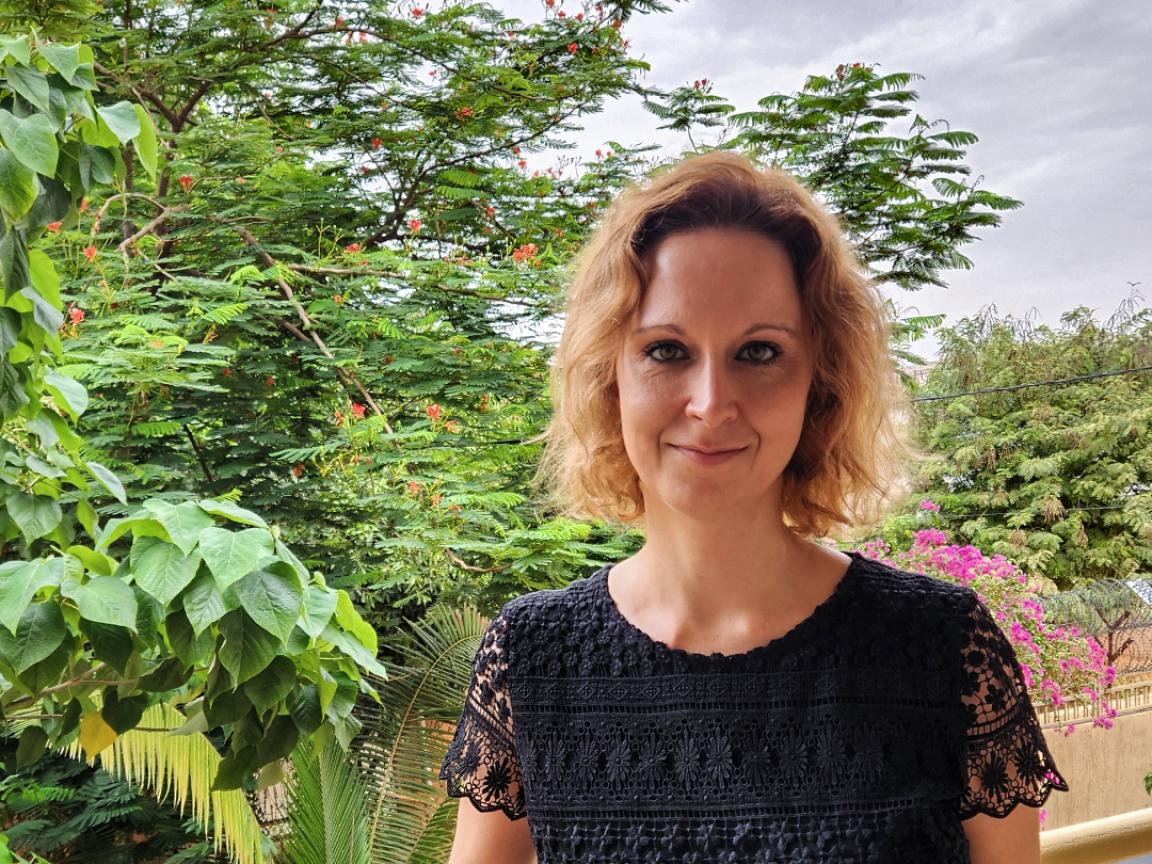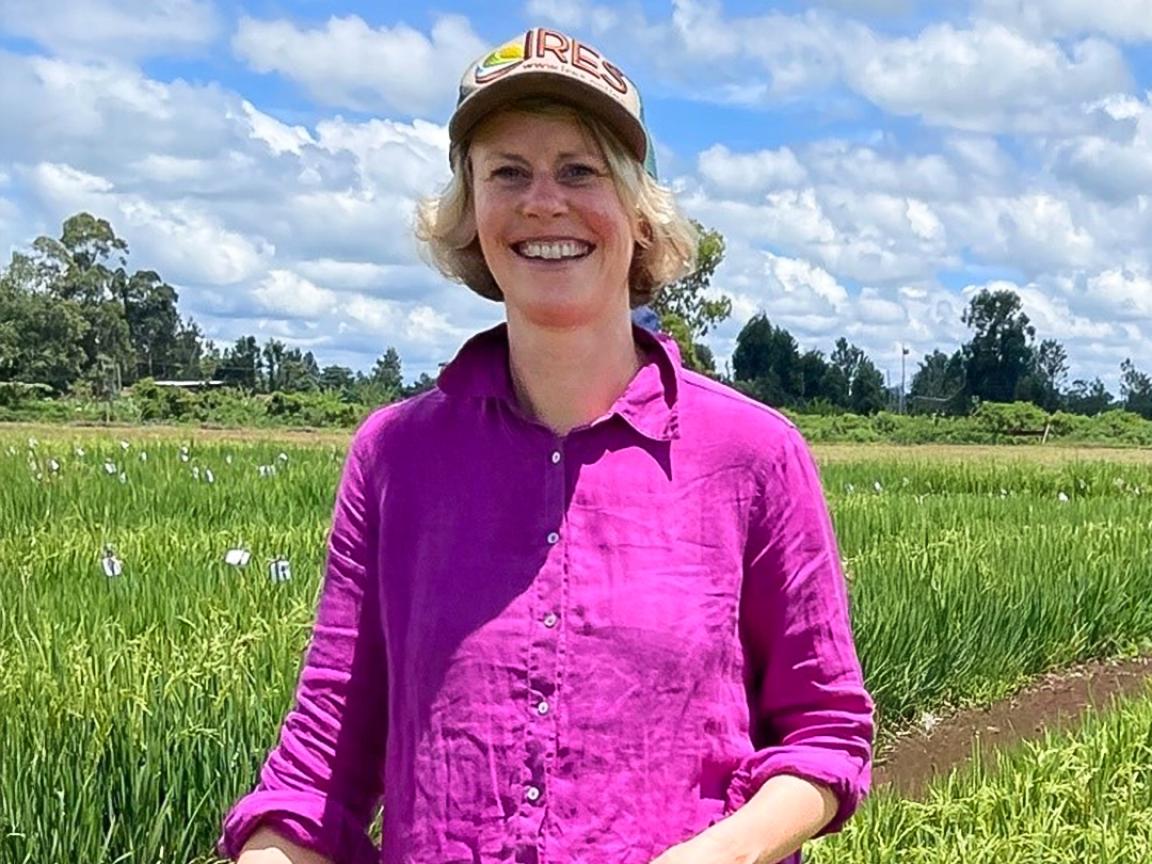Arbeiten bei der GIZ bedeutet, sich weltweit für nachhaltige Entwicklung einzusetzen. Unsere Jobs verbinden sinnstiftende Tätigkeiten mit internationaler Erfahrung, interkultureller Zusammenarbeit und vielfältigen Entwicklungsmöglichkeiten. Ob in Deutschland oder im Ausland – Fachkräfte, Berufseinsteiger*innen oder Quereinsteiger*innen finden bei uns attraktive Karrierechancen. Die GIZ als Arbeitgeber steht für Verantwortung, Vielfalt und Zukunftsgestaltung. Entdecken Sie Ihre Möglichkeiten – und gestalten Sie mit uns eine lebenswerte Zukunft.

Bei uns arbeiten
Wir arbeiten für eine lebenswerte Zukunft – in Deutschland und mehr als 130 weiteren Ländern weltweit. Genauso vielfältig wie unsere Arbeitsorte, sind auch die Einsatzmöglichkeiten in unseren Teams.
Karrieremöglichkeiten
Ob Sie erste Berufserfahrungen sammeln möchten oder bereits Profi in Ihrem Bereich sind – bei der GIZ finden Sie vielfältige Möglichkeiten, Ihre Kompetenzen in einem internationalen Umfeld einzusetzen und weiterzuentwickeln.
So bewerben Sie sich bei uns
Die passende Stelle gefunden? Hier erfahren Sie, welche Unterlagen wir für Ihre Bewerbung brauchen und welche Schritte Sie im Bewerbungsprozess durchlaufen.
Was wir Ihnen bieten
Ob flexible Arbeitszeiten, Gesundheitsleistungen oder Vorbereitung auf die Arbeit im Ausland: Bei uns finden Sie die Leistungen, die sie zu ihrer Lebenssituation passen.
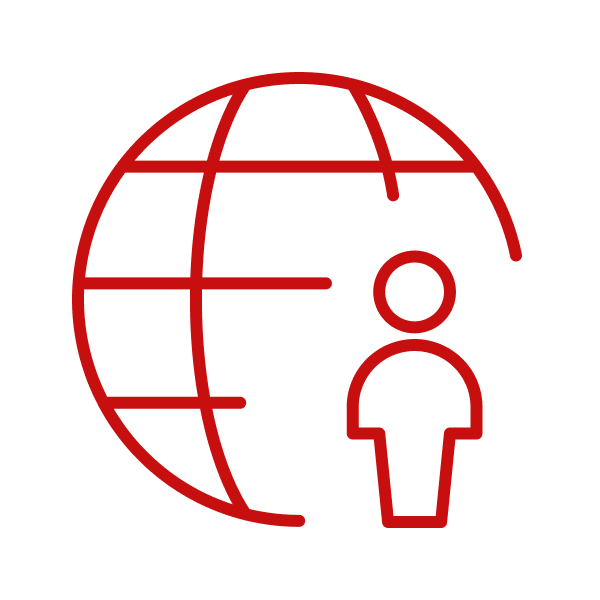


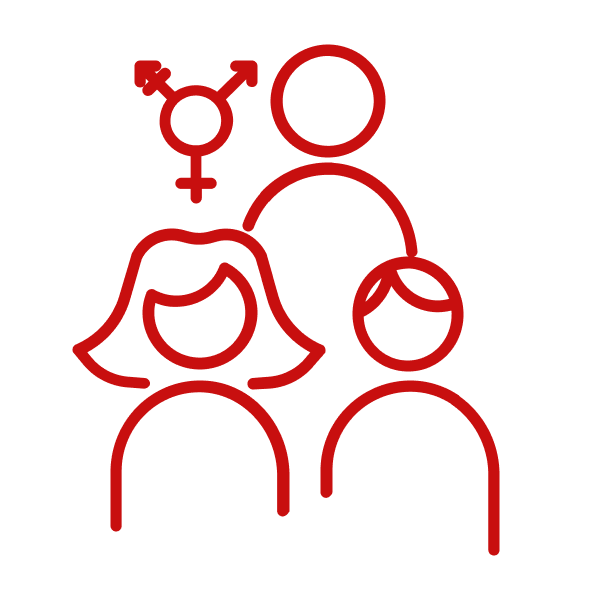
Expert*innen stellen sich vor
Unsere Auszeichnungen als Arbeitgeber
